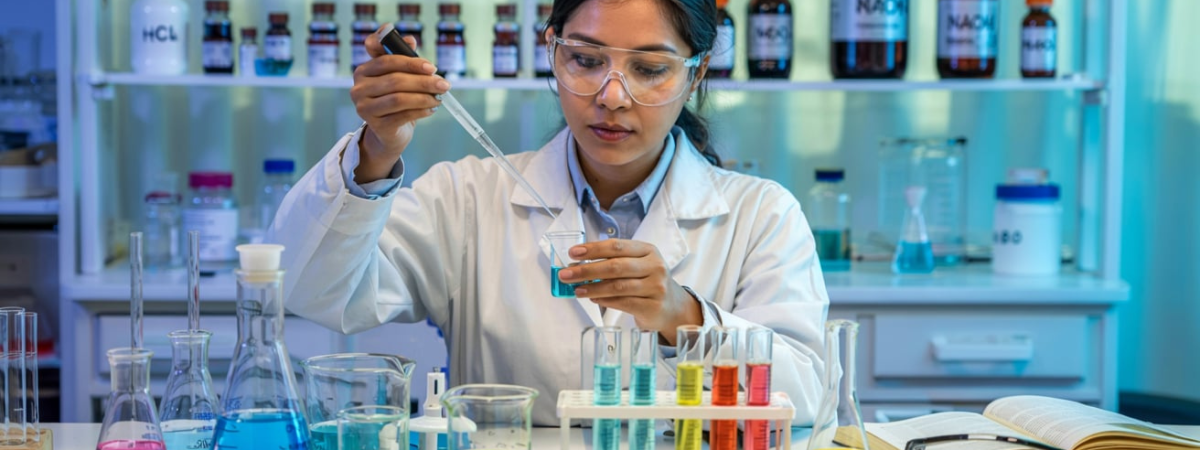What Are Laboratory Chemicals and Reagents?
If you've ever seen a science lab – maybe at school or on TV – you’ve probably noticed bottles with labels, colored liquids, or white powders. These are called laboratory chemicals and reagents. But what are they really used for? And why are they important?
What Are Laboratory Chemicals?
Laboratory chemicals are materials used in science experiments. They can be:
-
Liquids (like alcohol or acid)
-
Solids (like salt or sugar)
-
Gases (like oxygen or nitrogen)
Scientists use them in research, medicine, and many industries. Think of them like the ingredients in cooking. Just like you need flour and sugar to bake a cake, scientists need chemicals to do their experiments.
These chemicals must be very pure so the results of the experiment are correct. Even a small mistake in purity can change everything.
What Are Reagents?
A reagent is a special type of chemical. It’s used to start a reaction or test for something.
For example, if you want to check if sugar is in a liquid, you add a reagent. If the color changes, it means sugar is there. Reagents help scientists see and measure what’s inside a sample.
Why Purity Is Important
In science, purity means everything. If a chemical is dirty or mixed with something else, the experiment could go wrong. That’s why chemicals are sold in different grades:
-
Lab grade – for general experiments
-
Reagent grade – purer, for important testing
-
Analytical grade – the purest, for very sensitive work (like medicine)
The purer the chemical, the better the result – but also, the more expensive it is.
Common Lab Chemicals and Reagents
Here are some you’ll often find in a lab:
| Type | Examples | Use | ||
| Acids | Hydrochloric acid (HCl) | |||
| Bases | Sodium hydroxide (NaOH) | Neutralizing acids | ||
| Solvents |
| Dissolving substances | ||
| Salts |
| Making solutions | ||
| Indicators | Litmus, phenolphthalein | Show if something is acid or base | ||
| Biological reagents | Enzymes, antibodies | Used in health and food testing |
⚠️ Safety First
Lab chemicals can be dangerous if not used carefully. Some can burn your skin, others may be poisonous. That’s why you must:
-
Wear gloves, goggles, and lab coats
-
Read the safety label before using anything
-
Store them in the right place
-
Never mix chemicals unless trained
Laboratory chemicals and reagents help scientists make new medicines, test food and water, and do important research. They are the tools of science, just like a hammer is a tool for a carpenter.
If you want to work in a lab or understand how science works, learning about these basics is a great first step.





